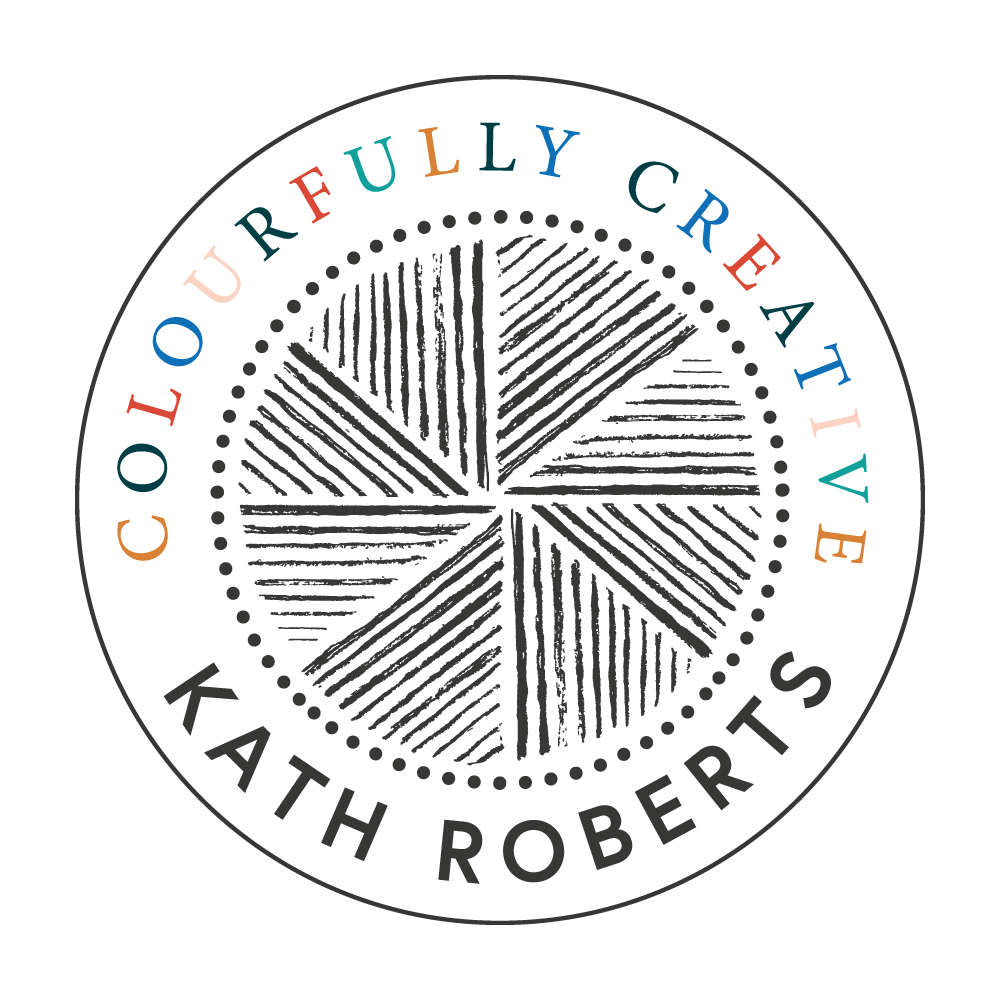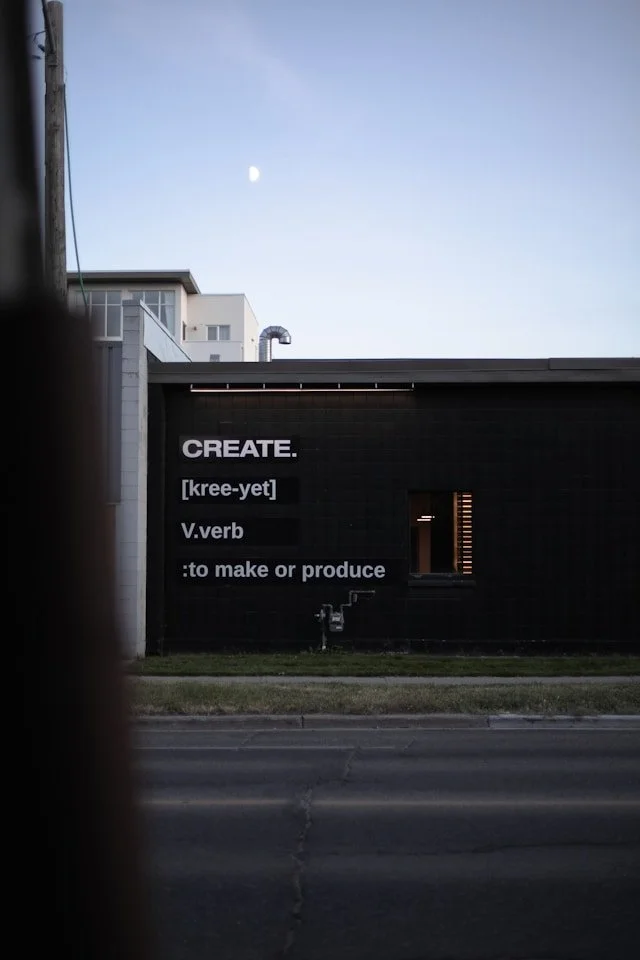The Flow Paradox: How Discipline Unlocks Your Natural Brilliance
There's a curious contradiction at the heart of peak performance. Flow states—those moments when work feels effortless, time disappears, and creativity pours through us, appear utterly spontaneous. Yet they rarely emerge from chaos. This seeming paradox holds a profound truth for anyone seeking to do their best work: discipline doesn't constrain flow, it liberates it.
The Invisible Foundation
Consider the jazz musician lost in improvisation, fingers dancing across keys with fluid grace. To the audience, it appears purely spontaneous, as if genius itself has taken physical form. But behind those transcendent moments lie thousands of hours of scales, chord progressions, and deliberate practice. The discipline has become so deeply embedded that it's invisible, allowing something beyond technique to emerge.
This is the flow paradox. Flow feels undisciplined because it transcends conscious effort. In those precious moments, we're not thinking about the process—we've become the process. The techniques, frameworks, and skills we've laboriously built simply operate, leaving our conscious mind free to play in a space of pure creative response.
Discipline as Preparation, Not Prison
The confusion arises from a fundamental misunderstanding of what discipline actually means. Too often, we equate discipline with rigid control, with forcing outcomes, with grinding through resistance. But true discipline is something quite different. It's the patient building of capacity. It's showing up consistently to create the conditions where flow becomes possible.
Think of discipline as clearing a runway. Flow is the take-off, that exhilarating moment of lift off where everything aligns. But without the runway, there's nowhere to gather momentum. Discipline creates the structures, skills and mental space that allow spontaneity to flourish.
In business contexts, this plays out constantly. The leader who can think strategically in crisis moments isn't winging it, they're drawing on years of experience, study, and reflection that have become second nature. The designer who produces breakthrough concepts isn't pulling rabbits from hats; they're synthesizing patterns their disciplined observation has revealed. The salesperson who reads a room perfectly has practiced presence until it's instinctive.
The Bridge to Natural Brilliance
Here's where it gets interesting. Some people do seem to access flow more naturally than others. We call it talent, or natural brilliance, that quality where someone just "gets it" without apparent effort. But even natural talent operates on this same principle of internalized discipline, just on a different timeline.
The naturally brilliant have often been practicing since childhood, sometimes without realizing it. They've been observing, experimenting, and refining in ways that feel like play. Their discipline doesn't look like discipline because it's intrinsically motivated and joy driven. But it's still there, building the same foundation.
This reveals something crucial: your natural brilliance—the unique gifts you bring to your work, doesn't exist separate from discipline. It's revealed through it. Discipline isn't about becoming someone else or forcing yourself into an unnatural mold. It's about consistently showing up to discover and develop what's authentically yours to offer.
The executive who creates a culture of innovation isn't denying their nature by studying organizational psychology, they're giving their natural insight more channels through which to flow. The entrepreneur with vision isn't betraying spontaneity by building systems, they're creating containers strong enough to hold their creative energy.
When Discipline Becomes Flow
There's a turning point in any practice where discipline itself begins to feel like flow. The daily writing practice that once required willpower becomes the day's anchor. The morning strategy session that felt like obligation becomes essential space for clarity. The skills you've developed become not just tools but extensions of your thinking.
This is when the paradox resolves. Discipline and flow aren't opposing forces locked in tension. They're phases of the same cycle, discipline creating capacity, flow expressing that capacity, and both feeding back to deepen your natural brilliance.
The most compelling performers in any field have learned to trust this cycle. They don't wait for inspiration to strike. They create the conditions for it reliably through consistent practice, knowing that within that structure, magic becomes more likely.
Your Flow Practice: A Five-Minute Audit
Here's an exercise to help you identify where discipline might unlock more flow in your work:
Step 1: Identify Your Flow Moments
Write down 2-3 recent experiences where you were in flow at work. When did time disappear? When did work feel effortless and excellent simultaneously?
Step 2: Map the Foundation
For each flow moment, ask: What skills, knowledge, or preparation made this possible? What groundwork existed that allowed you to move freely in that moment?
Step 3: Find the Gaps
Now identify an area where you want to experience more flow but currently feel stuck or forced. What's missing from the foundation? What discipline—practiced consistently—might create the runway you need?
Step 4: Design One Micro-Practice
Choose one small, specific practice you can do daily for the next two weeks. Make it so small it feels almost too easy. The goal isn't intensity—it's consistency. You're building a foundation.
Step 5: Track the Shift
Notice what changes. Not just in skill, but in how the work feels. Does resistance soften? Does confidence grow? Do moments of effortless execution become more frequent?
The invitation is simple: stop waiting for flow to strike like lightning. Start building the conditions where it can reliably emerge. Your natural brilliance isn't something to stumble upon occasionally—it's something to practice into fullness.
What discipline might your genius be asking for?
Interested in exploring your creative edge?
Why not join our 4 month online programme commencing January 2026, for more details go here:

